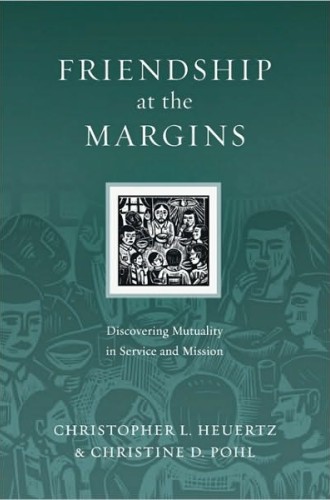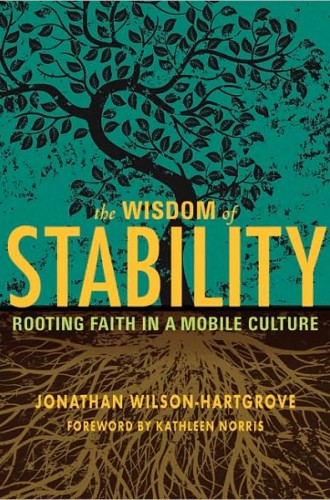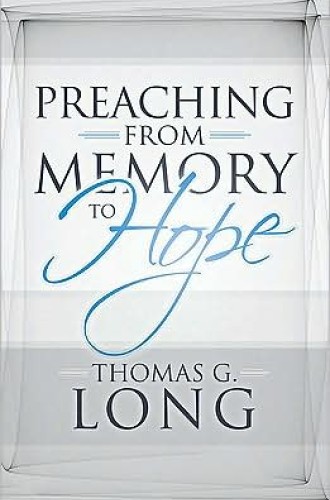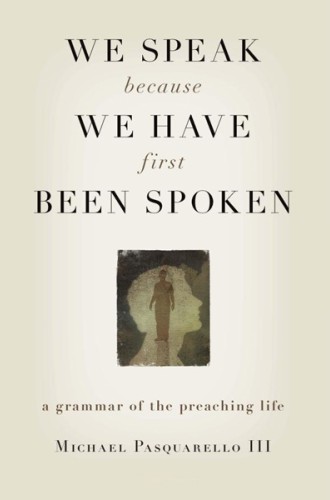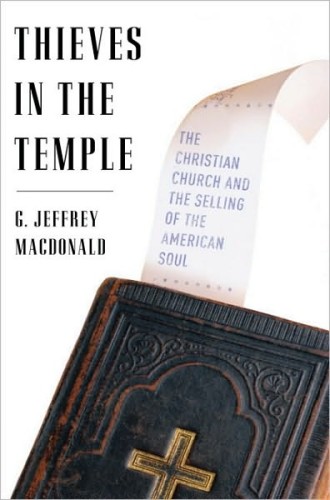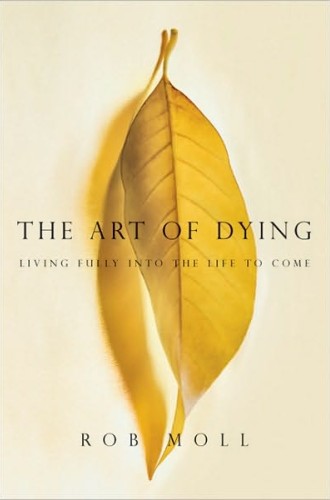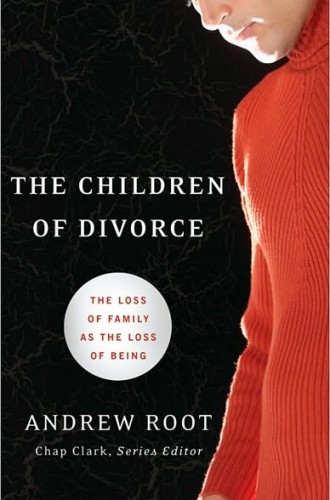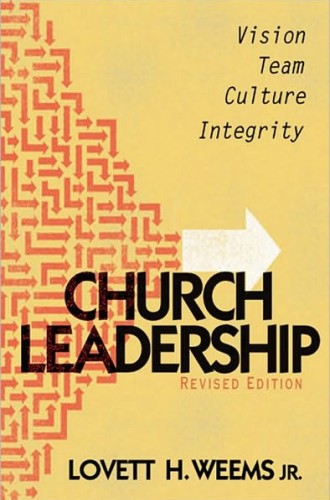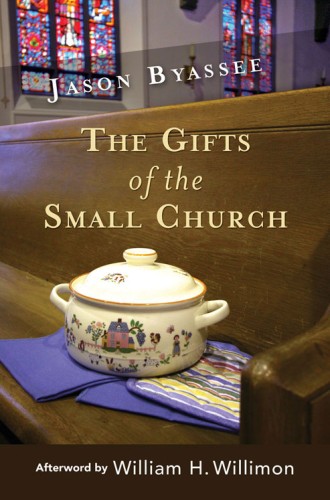Take & read: Practical theology
Friendship at the Margins: Discovering Mutuality in Service and Mission, by Christopher L. Heuertz and Christine D. Pohl. This book is part of the Resources for Reconciliation series, which pairs field-based practitioners with academics. Together Heuertz and Pohl explore relationships between people in dire need and those who seek to serve them. Such relationships, despite the best intentions, often become problematic, even manipulative. Drawing on experience and the biblical story, the authors show us another way.
The Wisdom of Stability: Rooting Faith in a Mobile Culture, by Jonathan Wilson-Hartgrove. Both the author's writing style and the publisher's artful presentation invite readers to sit down and enter a conversation. Wilson-Hartgrove explores the notion that commitment to place, to staying put, has everything to do with spiritual growth and maturity. He draws on the wisdom of the monastic tradition to explore a virtue that our mobile culture has preferred to forget.
Preaching from Memory to Hope, by Thomas G. Long. Long identifies and confronts the most important cultural and ecclesial challenges facing preachers today—those most likely to render preachers discouraged and sermons limp. He does particularly fine work in analyzing contemporary expressions of the Gnostic impulse. His chapter "Meeting Marcus Borg Again for the First Time," which is part of that analysis, is worth the price of admission.
We Speak Because We Have First Been Spoken: A Grammar of the Preaching Life, by Michael Pasquarello III. Biblical scholar Brevard Childs is reported to have said to a student who complained about her grade on a paper, "To do better exegesis, become a deeper person." Pasquarello argues that good preaching is not about the latest technique or method designed to ensure relevance or results, but about the person of the preacher and that person's life in and from God. A deep and suggestive book for preachers who are in it for the long haul and seek integrity in their vocation.
Thieves in the Temple: The Christian Church and the Selling of the American Soul, by G. Jeffrey MacDonald. Charging that "faith has become a consumer commodity in America," journalist and onetime pastor MacDonald looks at what happens to churches and to clergy when religion is only another part of the market-driven economy. MacDonald's journalist side makes the book reportorial and accessible, while his pastor side delivers real passion.
The Art of Dying: Living Fully into the Life to Come, by Rob Moll. Prompted by the realization of how ill prepared he has been to be with dying people, Moll has written a book that is at once deeply reflective and wonderfully practical. He encourages and helps readers to rediscover Christian teaching and practices for what constitutes "the good death." An included study guide makes the book particularly useful for group reading and discussion.
The Children of Divorce: The Loss of Family as the Loss of Being, by Andrew Root. Root, whose parents divorced when he was a child, addresses the experience of children of divorce theologically and shows that divorce is an ontological issue—that it causes children to struggle with their core identity. He provides an alternative to breezy "the children are fine" dismissals on one hand and guilt-inducing blaming of divorced parents on the other. The book includes an excellent chapter on what churches can do.
Church Leadership, by Lovett H. Weems Jr. This is a revision and update of Weems's earlier book of the same title-- the best single volume I know on leadership of congregations. Weems is honest about the challenges of leadership, as well as rightly modest in the expectations he fosters. He offers experience-based wisdom that is clearly presented and useful.
The Business of the Church: The Uncomfortable Truth that Faithful Ministry Requires Effective Management, by John W. Wimberly Jr. With a doctorate in theology in one hand and an MBA in the other, Wimberly, an experienced pastor, argues that to be effective, ministers need to deal well with three systems: personnel, facilities and finances. Many clergy resist recognizing these priorities and acquiring the necessary skills until it is too late. Wimberly's book can help.
The Gifts of the Small Church, by Jason Byassee. Weary of hearing people describe small churches as a problem and concerned about programs that destroy small churches in the name of saving them, Byassee draws on his own pastoral experience to help readers see the beauty and gifts of such congregations. The form of the book fits the subject. There are no steps or formulas here, but a series of bright, graceful stories and short essays in which members and ministers of small churches will recognize themselves and be reminded of their unique gifts.


